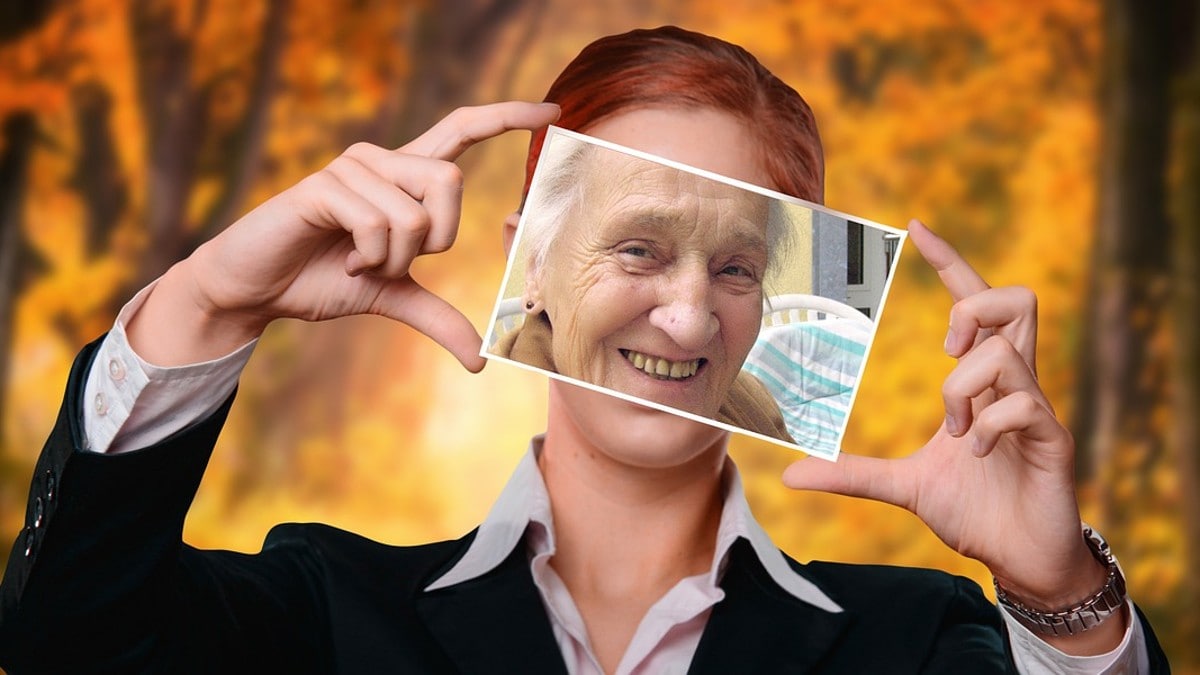
Growing old is mandatory. However, how often do you feel that you have aged overnight? Yes, that’s possible. A new study published in Nature Aging journal reveals that the ageing process happens in pronounced “waves,” contrary to a traditional notion.
Let’s take a closer look. What does the study say? According to the study, researchers from Stanford have disproved the conventional belief that humans age gradually. Instead, they found that after extensive research, people age at two major “bursts” during their post-puberty lifespan: one in our mid-40s and the other in our early 60s, according to Dailymail .

The formation of wrinkles, sagging skin, greying hair, soreness in the muscles and joints, and an increased susceptibility to viral infections are all seemingly abrupt indicators of ageing that may be explained by the molecular changes that take place during each phase. Weight gain or more intense alcohol-related side effects may result from such changes. Dr Michael Snyder, professor of genetics at Stanford University and senior author of the study, told The Wall Street Journal : ‘People assume everybody’s kind of ageing gradually.
It turns out that most changes are not linear.’ How do changes at the molecular level affect you? The group examined data from multiple blood and stool sample collections as well as oral, skin, and nasal swabs from 108 healthy individuals in California between the ages of 25 and 75 over a median of 1.7 years.
Upon analysis, researchers found that 81 per cent of the molecules they had seen, including RNA and proteins, had undergone at least one wave of alteration. The scientists concluded that there were two key times of severe dysregulation: the largest change occurred at age 44, and the highest spike occurred at age 60. Dr Steve Hoffmann, a computational biologist at Leibniz Institute on Ageing in Germany told the WSJ , “These studies probably align very well with the experiences we have ourselves, or heard from others who perceive a sudden decline in physiological fitness.
” “Identifying and studying these factors should be a priority for future research,” added Dr Xiaotao Shen, a former Stanford Medicine postdoctoral scholar, and now an assistant professor at Nanyang Technological University Singapore, as per Dailymail . How alcohol is linked to ageing? Major shifts in the number of molecules linked to lipid metabolism, alcohol, and caffeine metabolism, as well as changes in markers linked to cardiovascular disease and ageing of the skin and muscles, were observed in individuals in their 40s. At 60, a comparable but less noticeable “wave” of ageing was observed.
Dr Snyder stated that there’s a chance some of these changes are connected to behavioural or lifestyle issues that tend to cluster in these age groups. Initially, the researchers assumed that women going through menopause or perimenopause could be the cause of the wave of ageing that was observed in their 40s. However, they observed that men showed signs of the same ageing tendency.
According to their theory, persons who consume more alcohol in their mid-40s — a time of life that is frequently stressful — may have impaired alcohol metabolism. The findings, according to the researchers, may explain why people get more prone to developing major flu-related illnesses as they age. This includes changes in people reaching their 60s.
According to the US Centers for Disease Control and Prevention, about two-thirds of Americans 65 and older have two chronic conditions, and almost 90 per cent have at least one chronic health condition. What can be done? The team advises those reaching the milestones of 44 and 60 to exercise more frequently and adopt a healthier diet in order to counteract the effects of these major ageing ‘waves’. This is especially true when they are in their 40s and 60s.
That could mean cutting back on alcohol or upping your workout to preserve muscle mass and safeguard your heart. “I’m a big believer that we should try to adjust our lifestyles while we’re still healthy,” Dr Snyder said. With inputs from agencies.










